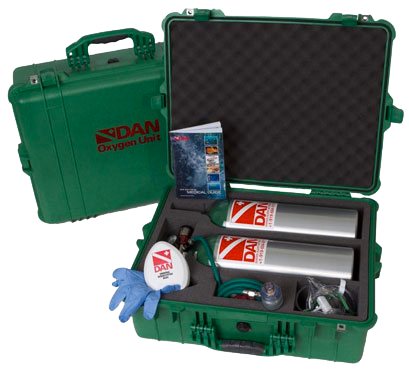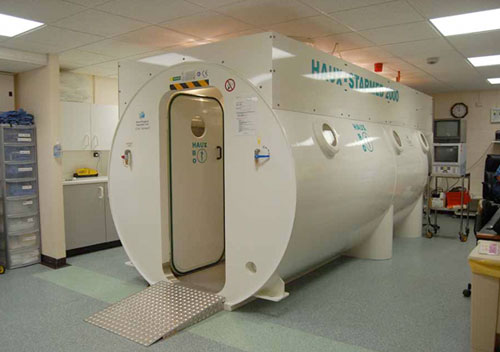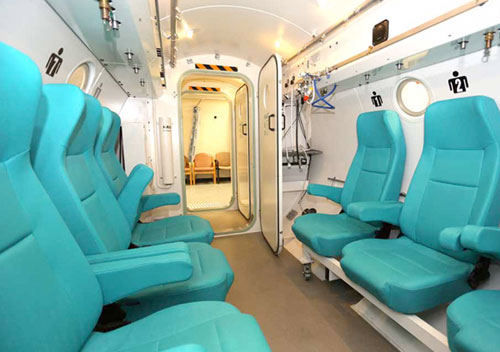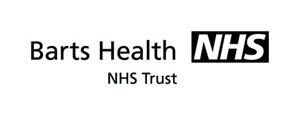First Aid and DCI Treatment
The sooner treatment for DCI begins the better. First Aiders can start treatment straight away. However, the patient will also require hyperbaric treatment and medical help should be sought immediately. Call our emergency number in the UK on 07 999 292 999 for free advice 24/7 all year round.
First Aid For DCI and Diving Accidents
First aid for decompression illness (DCI) or arterial gas embolism (AGE) is the same for either condition. Firstly, remember….
A AIRWAYS
B BREATHING
C CIRCULATION
D DEFIBRILLATION
Example of a First Aid Oxygen kit from the Divers Alert Network (DAN)
- Give 100% oxygen (by means of a tight fitting mask).
- Lay the casualty down and keep them horizontal. This prevents conditions worsening with bubbles travelling to the brain. If the diver loses consciousness put the diver into the recovery position.
- Give fluids orally (aim for 1 litre an hour and no alcohol or caffeine). Only give if the casualty is able to take them unaided and ideally the fluid should be isotonic.
- Keep the patient comfortable.
- Protect against Hypothermia. Cover with blankets or thermal shields.
- Consider the buddy, are there two or more casualties?
- No in-water recompression.
- Never give Entonox to suspected DCI / AE cases.







